As a developing economy, India has numerous developmental aspirations. How India meets these goals without worsening the climate crisis is at the heart of CSTEP's work. Addressing climate change and enabling a secure and sustainable future for Indian citizens require an overhaul of previous paradigms on development and resource utilisation. This is reflected in our work on developing low-carbon trajectories for development with an emphasis on nature-based solutions.
We are working with state governments across India to build capacity on risk and vulnerability assessments to inform their respective action plans on climate change. The transition from fossil fuels to renewable energy is crucial to achieving a secure and sustainable future. CSTEP's studies explore the possibility of a greater integration of renewables in the energy sector.
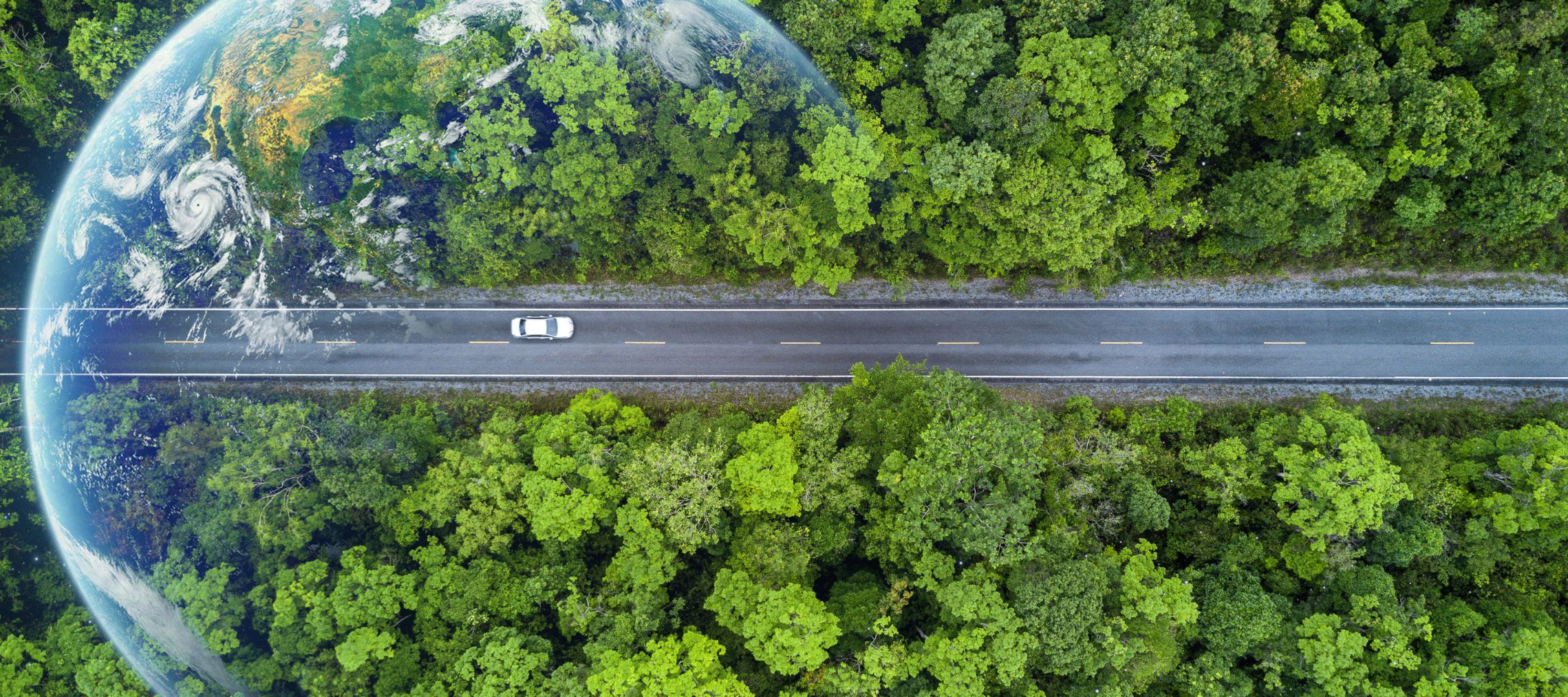
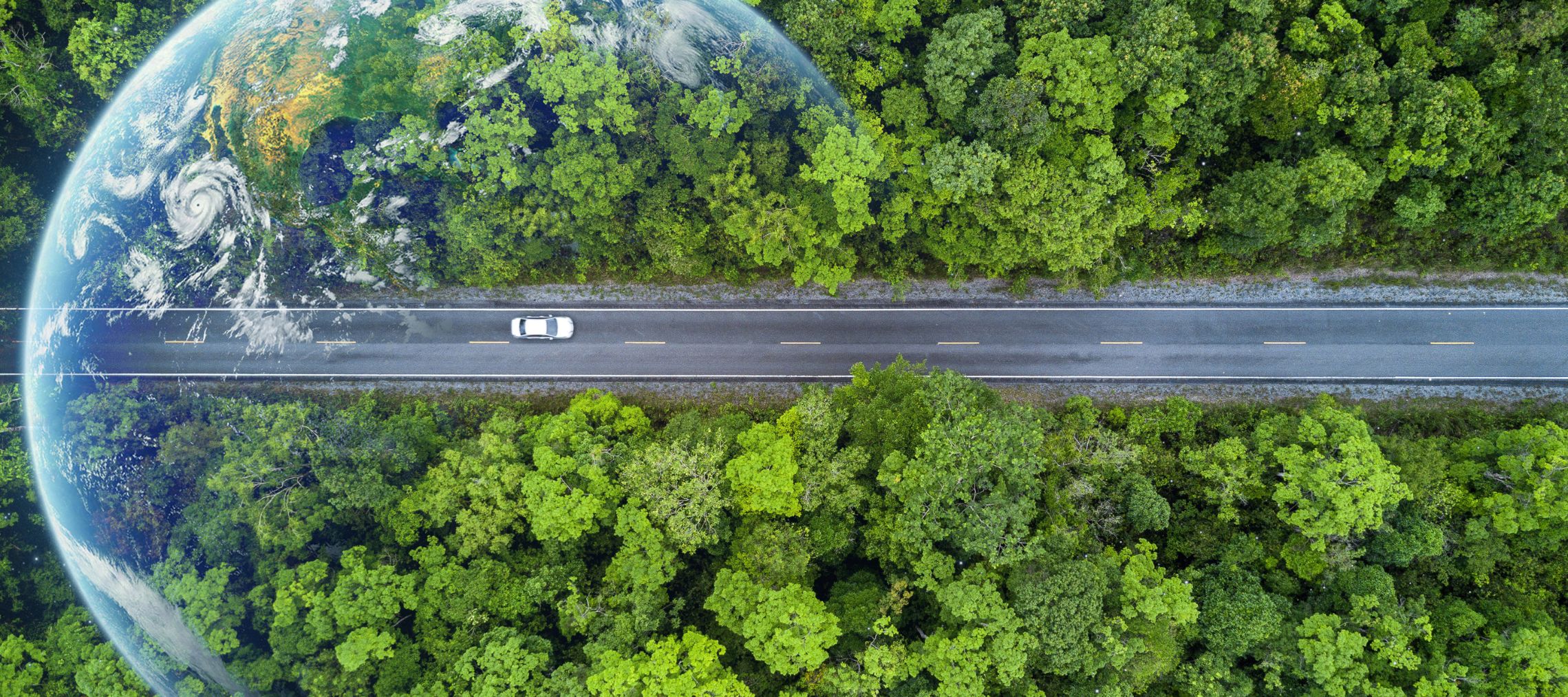



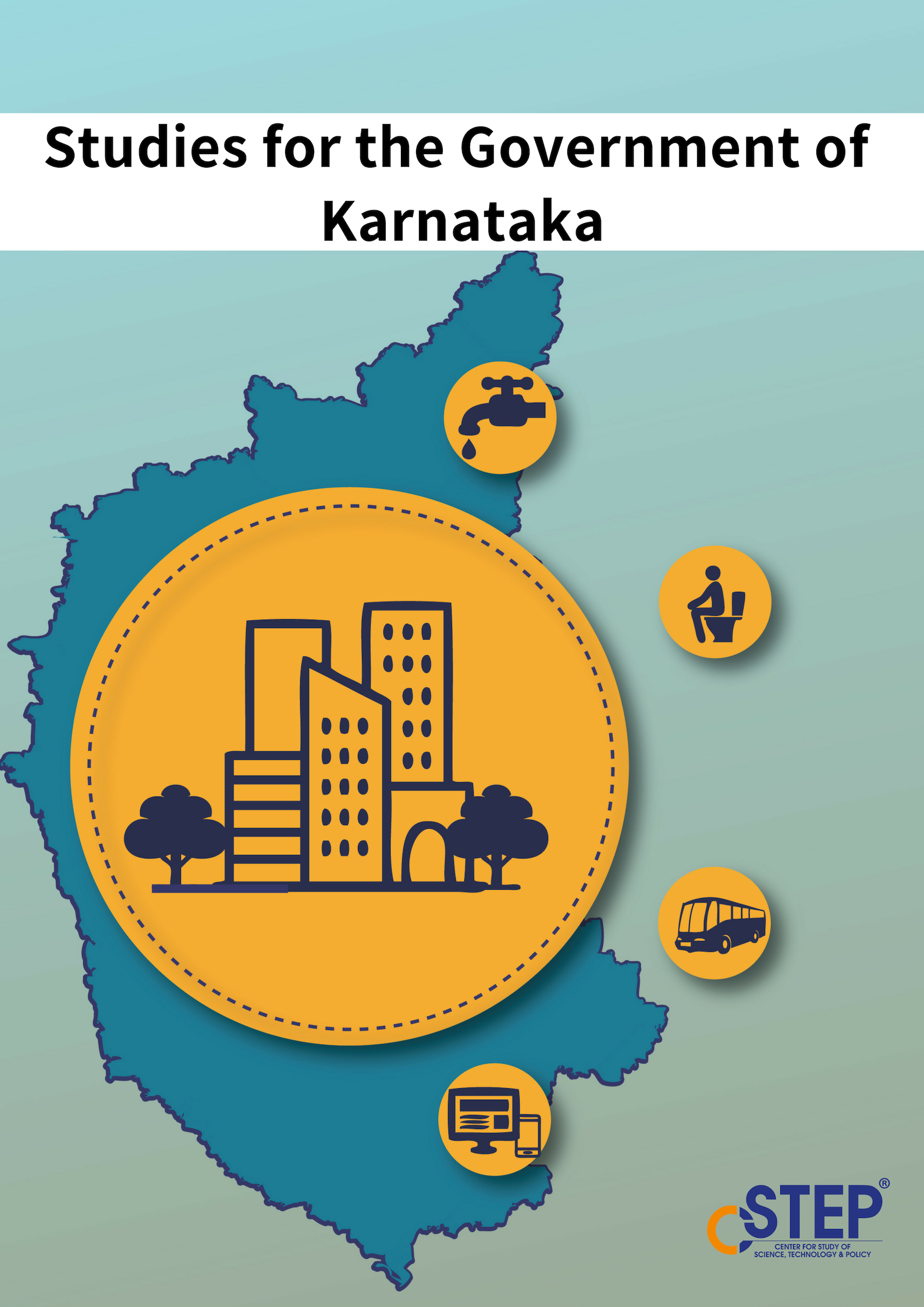
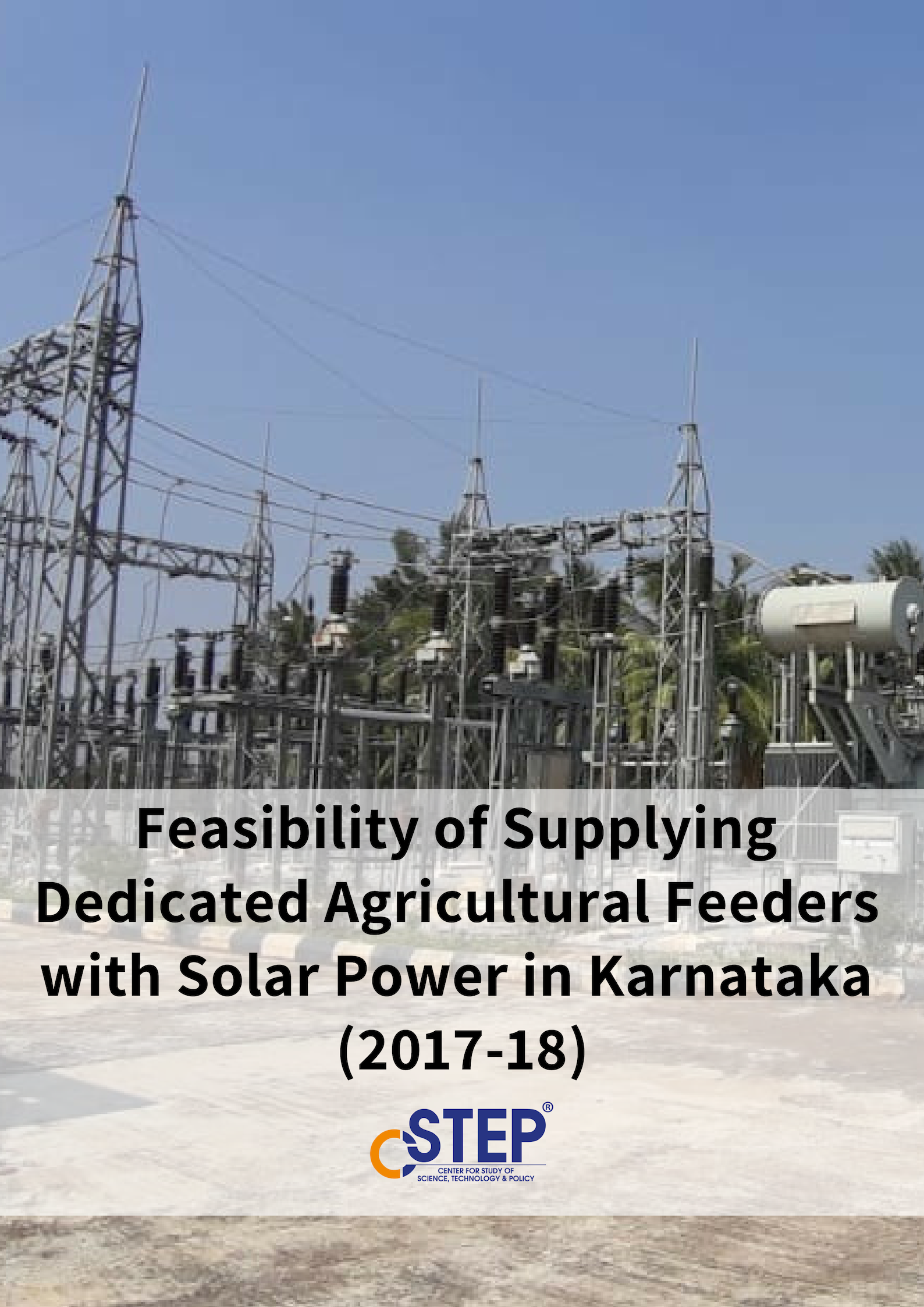
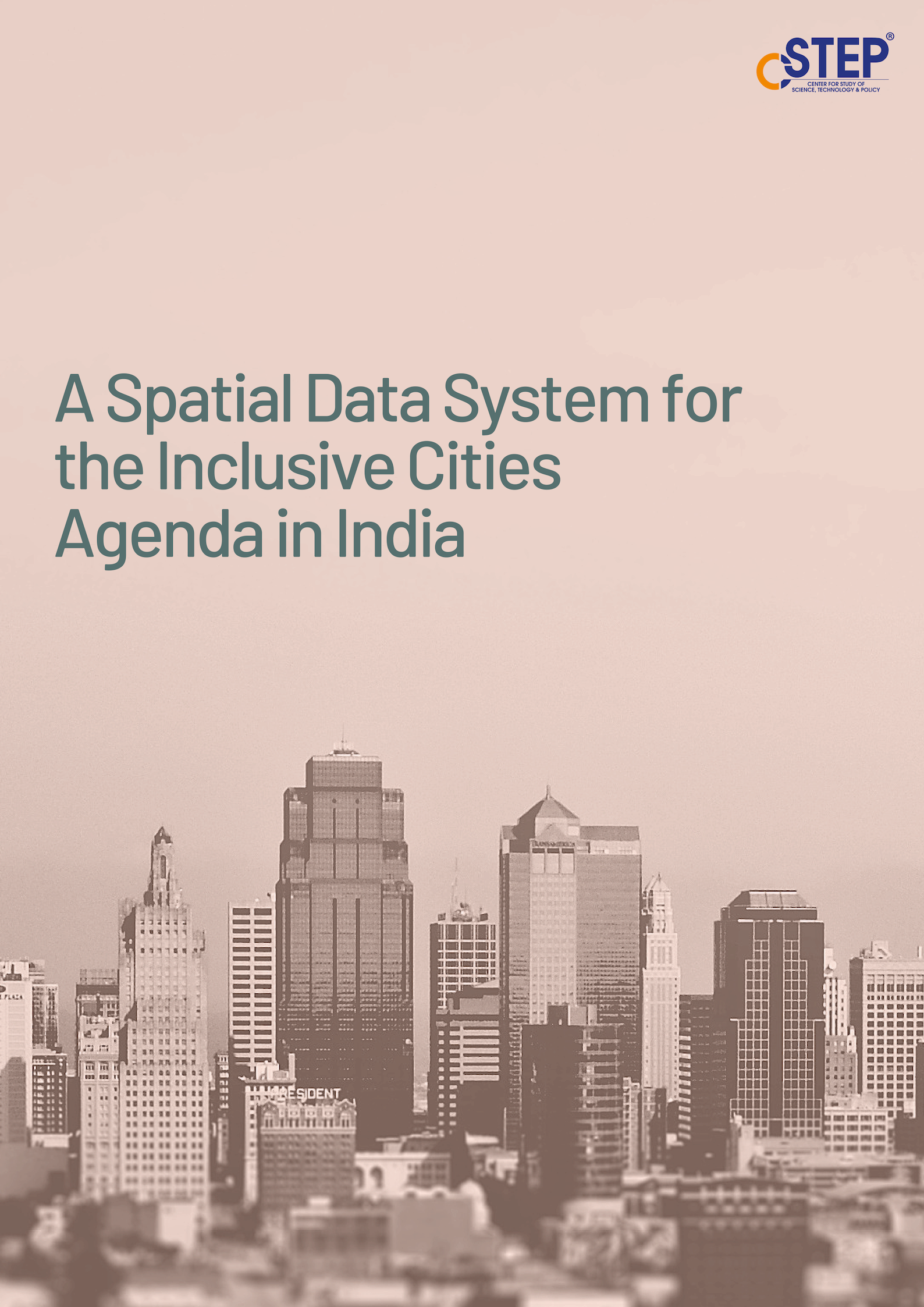
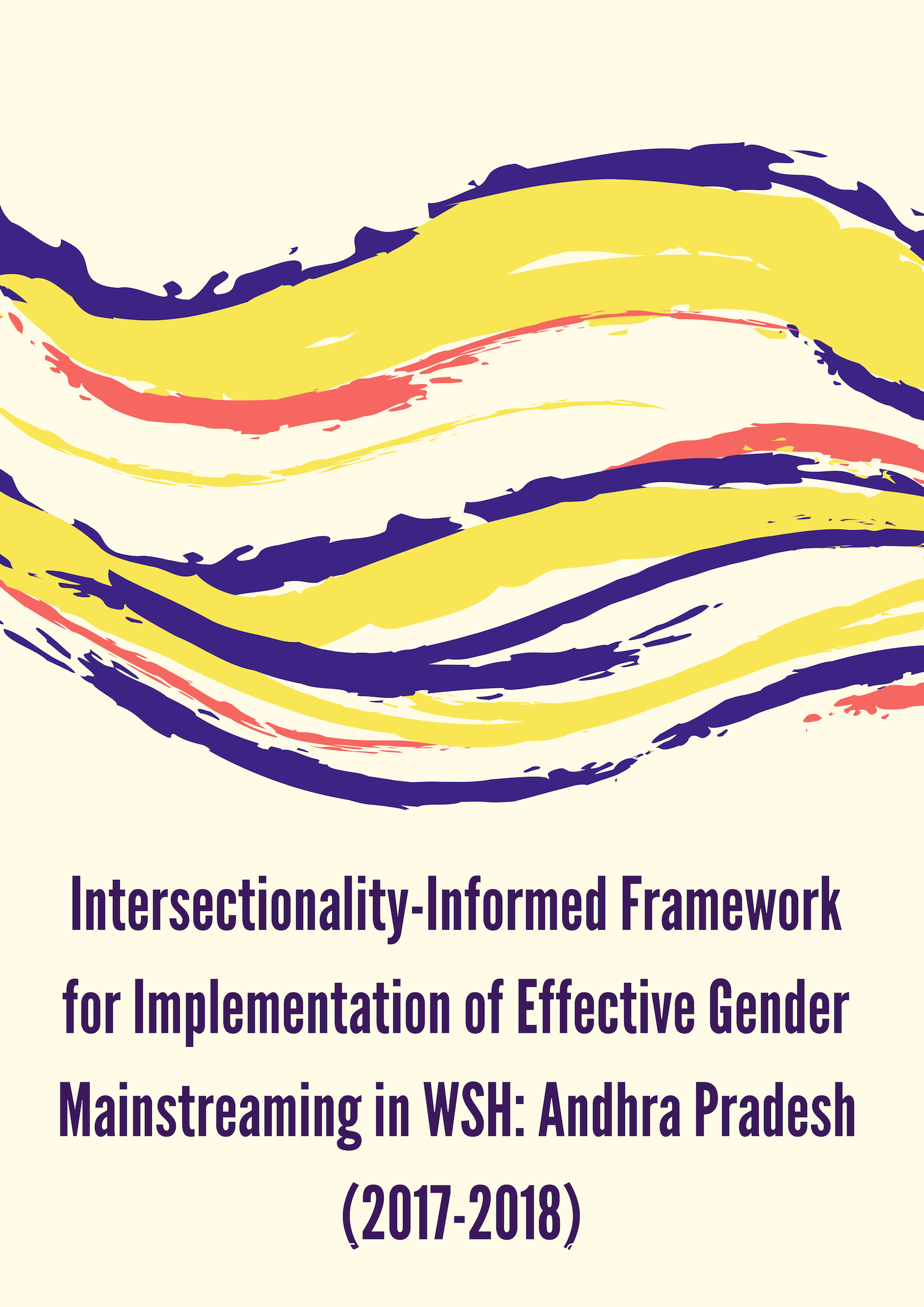
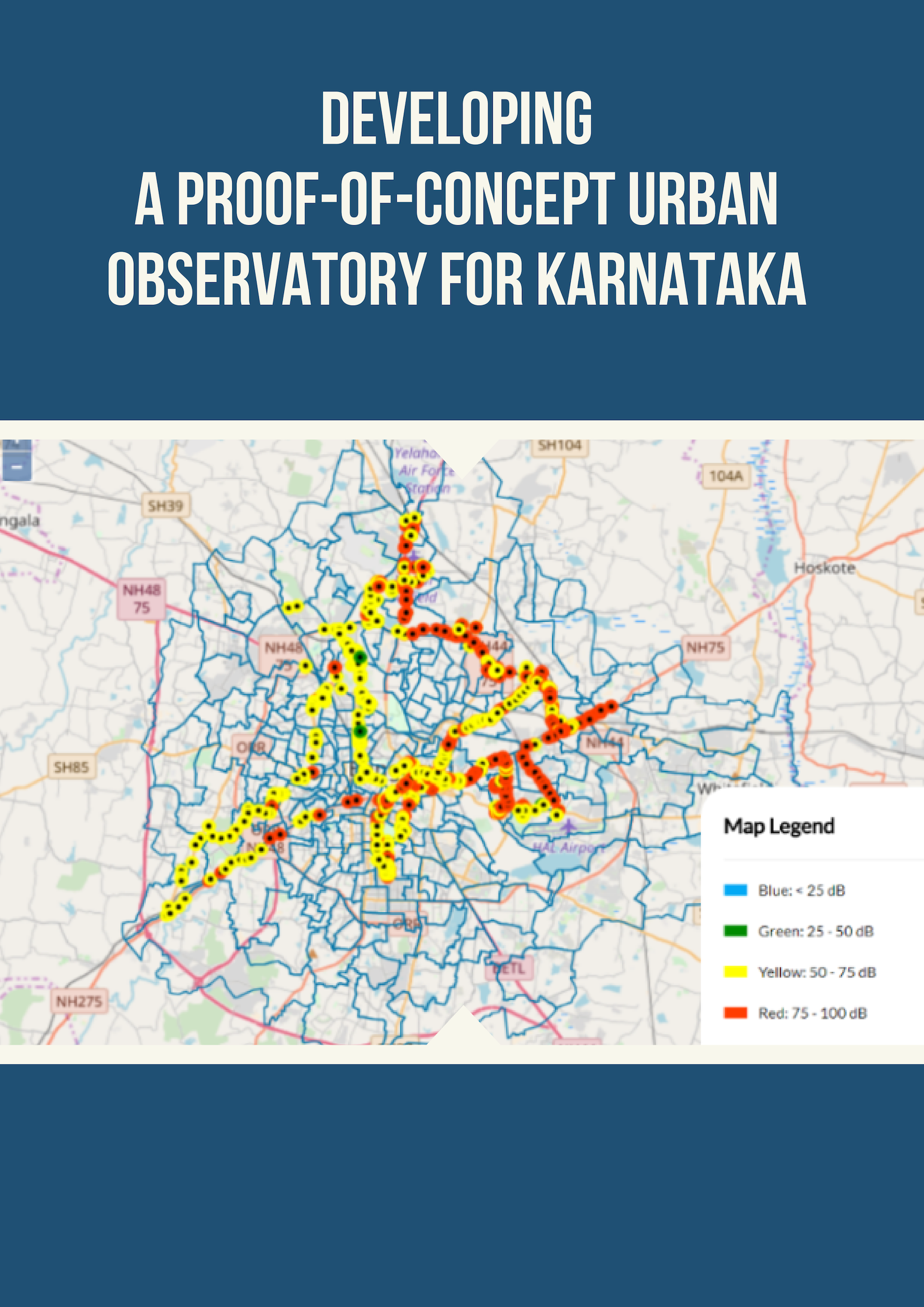
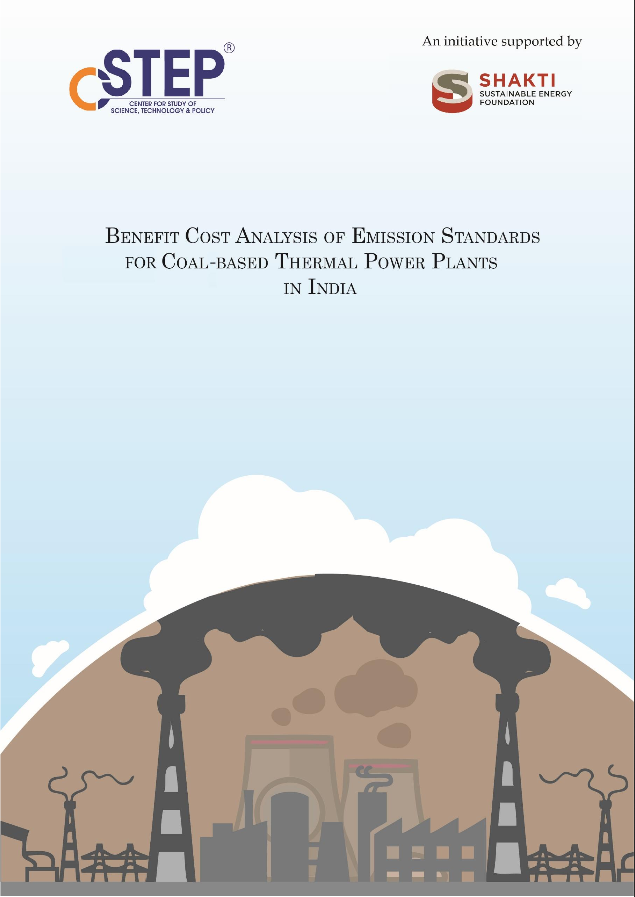
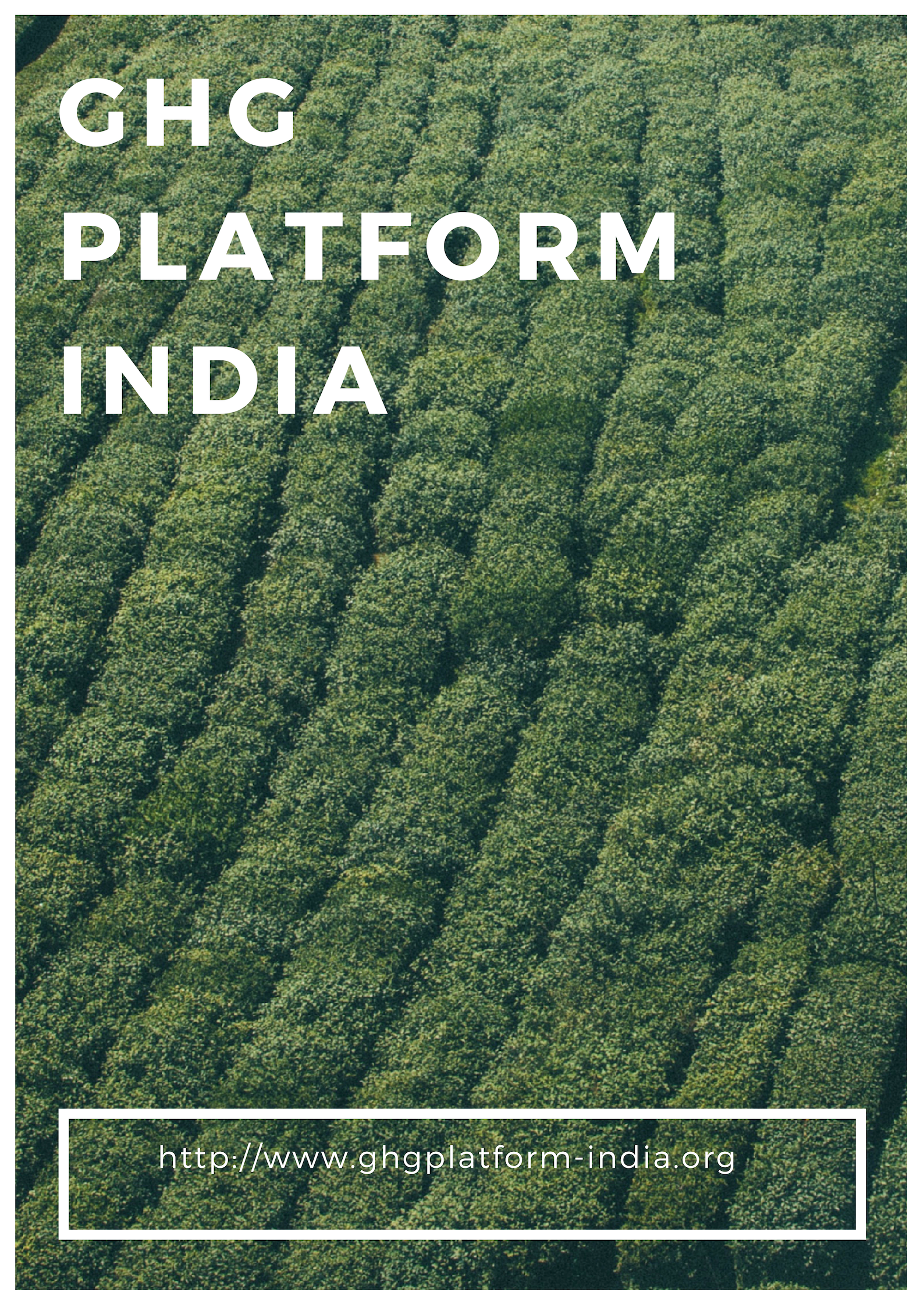






Systems thinking for doughnut cities
As a populous, dense, and developing country, India needs a comprehensive urbanisation strategy for the coming decades to control its greenhouse gas emissions trajectory. This will also impact the quality of life of Indians as they migrate to urban areas. While many of India’s big cities currently rank poorly in the global liveability index, we believe that planning for policies towards doughnut cities can help achieve sustainable development without exceeding planetary boundaries.
(Re)envisioning inclusive futures: Applying narrative foresight to deconstruct the problem of urban flooding in the slums of Bengaluru, India
Recurring urban flooding in Bengaluru, India, has brought multiple intersecting development challenges to the forefront. While climate change is a catalyst for flooding, rapid urbanisation has aggravated the problem by neglecting its ecological history. Repeated floods have particularly affected migrants living in the slums, further worsening their already vulnerable conditions. Currently, only about 40% of slums are formally recognized by city authorities, leaving most slum dwellers with limited access to public benefits and basic infrastructure.
Policy strategies to decarbonise the buildings sector
The Sustainable Alternative Futures for India (SAFARI) model (Kumar et al., 2021) estimates that the buildings sector—directly and indirectly, through its interlinkages with industry and power sectors—accounts for around 30% of India’s annual energy demand and 26% of the nation’s greenhouse gas (GHG) emissions. With the increasing rate of urbanisation and the associated infrastructure development, this is expected to rise further.
Press Release: Growing the circular bioeconomy, with a focus on the Global South
Bengaluru, 16 April 2024: The Center for Study of Science, Technology and Policy (CSTEP), a research-based think tank, in collaboration with the International Council for Circular Economy (ICCE), published a White Paper titled ‘Growing the circular bioeconomy, with a focus on the Global South’ and presented the findings at the World Circular Economy Forum (WCEF) 2024, held at Brussels, Belgium.
